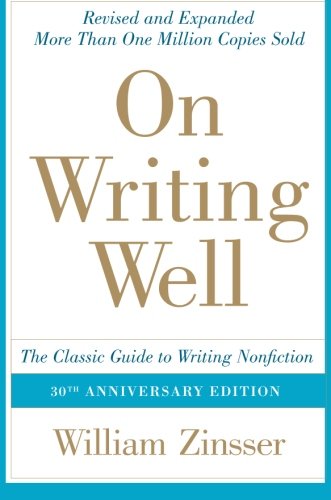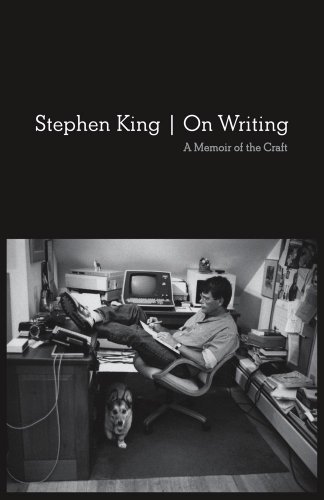There is a principle in physical training called the Overload Principle.
It’s used to force your body and mind to grow by consistently pushing past your limits.
It’s why you can and should put more weight on the bar every training session until you’ve acquired significant strength.
The military uses the Overload Principle to forge warriors of steal. The most visible example is what the Navy Seals call Hell Week.
Things like Hell Week have a remarkable impact on those who make it through. They inoculate them to stress by overloading their minds and bodies. They push them to their limits and develop within them the ability to endure almost anything. Navy Seals can move forward and win when things go bad on the battlefield because training prepared them.
The same principle applies not only in the gym or ranks of the military elite but in your life as well.
You are going to live through some pretty awful days. Bad things are going to happen and the plan you have for your day, your year, your life is going to get off track.
This will ruin you and your chances of reaching your goals if you fail to prepare for adversity.
Preparing for adversity is simple. Overload and stress your mind, your body, your everything to the max.
Put yourself in uncomfortable and scary positions.
Think about the worst possible scenarios and plan for how you’ll respond.
If you want to get stronger physically, put more weight on the bar, train when it’s extremely hot/cold, do things that fill you with fear.
If you want to give a remarkable presentation, practice every possible disaster scenario. Practice without slides, without handouts, without power to the building. Practice overcoming brutal objections and rudeness. Think through how you’ll respond under the worst of circumstances.
You get the picture.
They say circumstances don’t make character but reveal it. That’s hog wash in this case. Harsh, trying and nearly impossible circumstances can help you grow like nothing else can. They will stretch you and force you to grow in ways comfort never can.
Step out of your comfort zone and embrace adversity.






